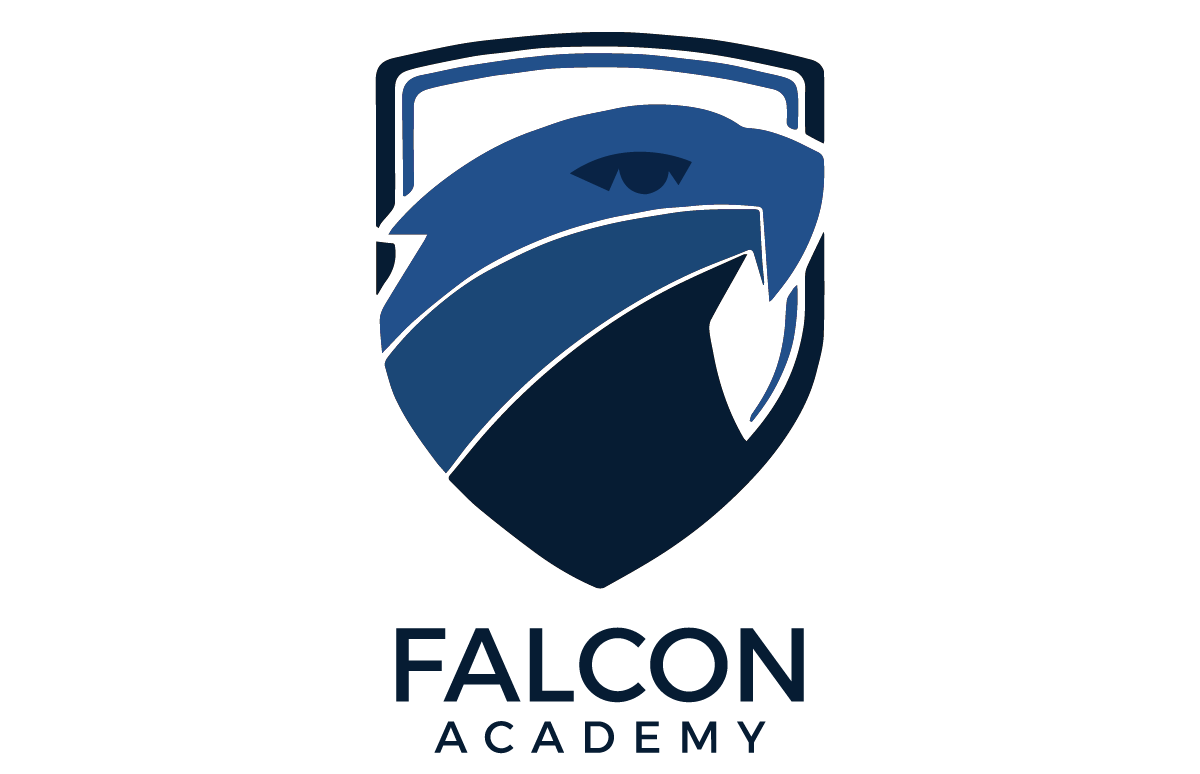
Arabic Language Program
At Falcon Academy, our Arabic Language program is a rich and dynamic journey that spans from elementary school through middle school. Rooted in the three-dimensional model of teaching and learning—concepts, skills, and content—our Arabic instruction nurtures learners’ ability to communicate with confidence, appreciate literature and culture, and develop a deep understanding of the language in both academic and real-life contexts.
Arabic learners are thoughtfully grouped according to both their language proficiency levels—beginner, capable, and efficient—and their ages. This intentional grouping enables us to provide level- and age-appropriate learning opportunities that support meaningful language development and ensure all learners are both supported and challenged at the right level.
Arabic in Elementary School
In elementary school, learners begin building foundational language skills through meaningful, engaging, and authentic experiences. Instruction emphasizes the development of listening, speaking, reading, and writing through storytelling, songs, conversations, visual prompts, and interactive games. Core concepts such as form, function, meaning, and audience guide language learning in age-appropriate, transdisciplinary units of inquiry. Learners explore vocabulary and sentence structures through contextualized activities that are personalized, purposeful, and joyful.
Language instruction is differentiated by readiness and proficiency, ensuring that native, heritage, and second-language learners receive the support they need to thrive. Instructional strategies include visual aids, leveled readers, sentence starters, peer modeling, and scaffolding techniques, which empower all learners to experience success and grow in confidence.
Arabic in Middle School
As learners progress into middle school, they deepen their ability to interpret and produce increasingly complex language, while developing a strong awareness of cultural perspectives and literary expression. Learners engage with both literary and non-literary texts, including short stories, articles, poems, dialogues, speeches, and real-world materials such as ads and news reports. They analyze themes, tones, perspectives, and styles, and respond through creative and analytical writing, oral presentations, and multimedia projects.
Middle school learners continue to build skills in organization, self-management, and collaboration as they express ideas clearly and fluently in spoken and written Arabic. Emphasis is placed on understanding grammatical structures, expanding vocabulary, and using the language accurately and appropriately in a range of contexts. Cultural exploration is integrated throughout, promoting intercultural understanding and identity development.
Assessment is varied and authentic. Formative assessments—such as conversations, dictations, reflective journals, reading logs, peer feedback, and classroom interactions—provide ongoing insight into learner growth and inform instruction. Summative assessments include authentic performance tasks such as interviews, story retellings, debates, blog writing, cultural presentations, and text analysis. These assessments offer multiple ways for learners to demonstrate their understanding and language development, respecting diverse learning styles and proficiency levels.
Across both elementary and middle school, Arabic learning at Falcon Academy is more than language acquisition—it is a journey of communication, connection, and cultural appreciation. Learners learn to use Arabic not only as a tool for learning but also as a means of expression, identity, and global citizenship.
